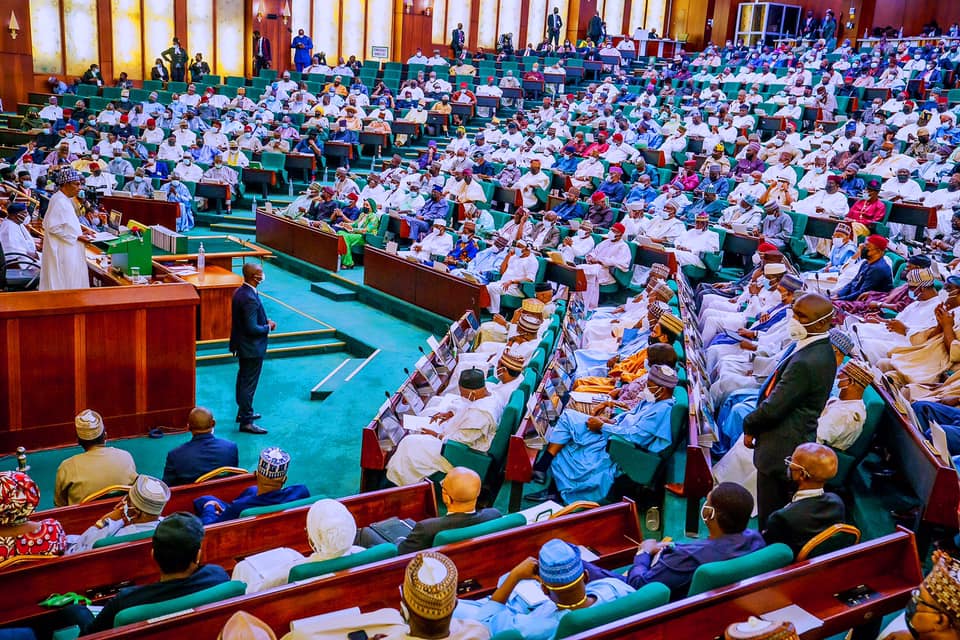ABUJA, Nigeria – With only five days left before the inauguration of Nigeria’s 10th National Assembly, meetings facilitated by President Bola Tinubu with lawmakers-elect on Friday, June 9, 2023, from the All Progressives Congress, APC, have failed to resolve the ongoing crisis surrounding the party’s zoning arrangements.
The APC National Working Committee had micro-zoned the positions of Senate President and Deputy Senate President to Senator Godswill Akpabio from South-South and Senator Jibrin Barau from North-West, respectively.
However, other contenders, such as Senators Abdulaziz Yari, Osita Izunaso, and Orji Kalu, have declined to step down for the party’s consensus candidates.
The APC leadership also endorsed Tajudeen Abbas (Kaduna, North-West) as the speakership candidate for the House, with Benjamin Kalu (Abia State, South-East) securing the Deputy Speaker slot.
Despite these endorsements, a significant number of lawmakers-elect are actively lobbying their peers and strategizing to overturn the party’s zoning arrangements.
This is occurring concurrently with plans by the opposition parties, the Peoples Democratic Party (PDP), and the Labour Party, to thwart the APC’s plan for the National Assembly’s leadership offices.
There is also speculation that at least two members of the G-7, a group of anti-zoning aspirants for the speaker position, might run against Abbas.
While Abbas is from the North-West, G-7 members Sani Jaji (Zamfara State) and Sada Soli (Katsina State) are also from the same geopolitical zone.
Despite Tinubu’s interventions, aspirants are banking on the fact that the President did not explicitly request support for Abbas and Kalu during his meetings with the lawmakers-elect and aspirants.
In light of the continuing deadlock, President Tinubu pleaded with lawmakers to uphold national interests and work with the party’s zoning plan.
However, uncertainty persists as several of the APC’s own members continue to challenge the party’s zoning decisions.







